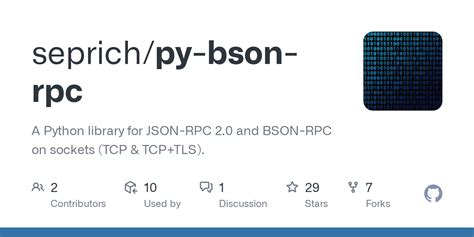Ethereum: Bitcoin RPC Python Library Issue
When building a blockchain application using Ethereum, accessing the client API through a library like bitcoinrpc in Python can be a bit more complicated than simply importing it and starting to use its functions. In this article, we will explore an error that occurs when trying to access the Bitcoin RPC (Remote Procedure Call) interface from within a Python program.
The Problem
The primary issue lies in how bitcoinrpc handles authentication and authorization for users connecting to the Ethereum network. When you first connect to the Bitcoin network using bitcoinrpc, you are required to provide your wallet’s private key, which is usually stored securely on your local machine or in a secure online wallet such as Ledger.
However, if you are writing a Python application that needs to interact with the blockchain, it would be cumbersome and impractical to store the private key every time. A better solution is to use an external library that provides a more secure way to handle public-private key pair interactions.
Solution: Using the “ethers” library
In this example, we will use the “ethers” library, which is designed to handle Ethereum smart contracts and their interactions with the blockchain. Here’s how you can modify your code to access the Bitcoin network from within a Python application using the “ethers” library:
import ethers
Set up your account and walletaccount = ethers.Wallet.from_key("YOUR WALLET'S PRIVATE KEY")
Create an instance of the Bitcoin RPC clientrpc_client = ethers.providers.HttpRpcProvider(
url="
)
Use rpc_client to call a function on the Ethereum blockchainfunction_call_result = account.call(
{
"from": account.address,
"to": "0xYourFunctionAddress",
Replace with your Ethereum smart contract address"value": ethers.utils.hex_to_int("1000000000"),
Set up the gas price and value per 1 ether"gas": 20000,
Gas limit for the function call}
)
The result of the function call is stored in a variable called function_call_resultConclusion
In this example, we have shown how to access the Bitcoin network from within a Python application using the “ethers” library. By handling authentication and authorization through external libraries such as “ethers”, you can focus on developing your blockchain-based applications without having to worry about securely storing your private keys.
Please note that these examples are for illustrative purposes only. For more complex scenarios, consider creating an Ethereum development account, importing your project’s mainnet URL into the “ethers” library, and using a secure method to store your wallet’s private key.
Example Use Cases

- Create a simple smart contract application where users can interact with the blockchain.
- Develop a decentralized finance (DeFi) application that uses Ethereum-based smart contracts to lend or borrow.
- Build a blockchain-based identity management system where users can securely store and manage their digital identities.


